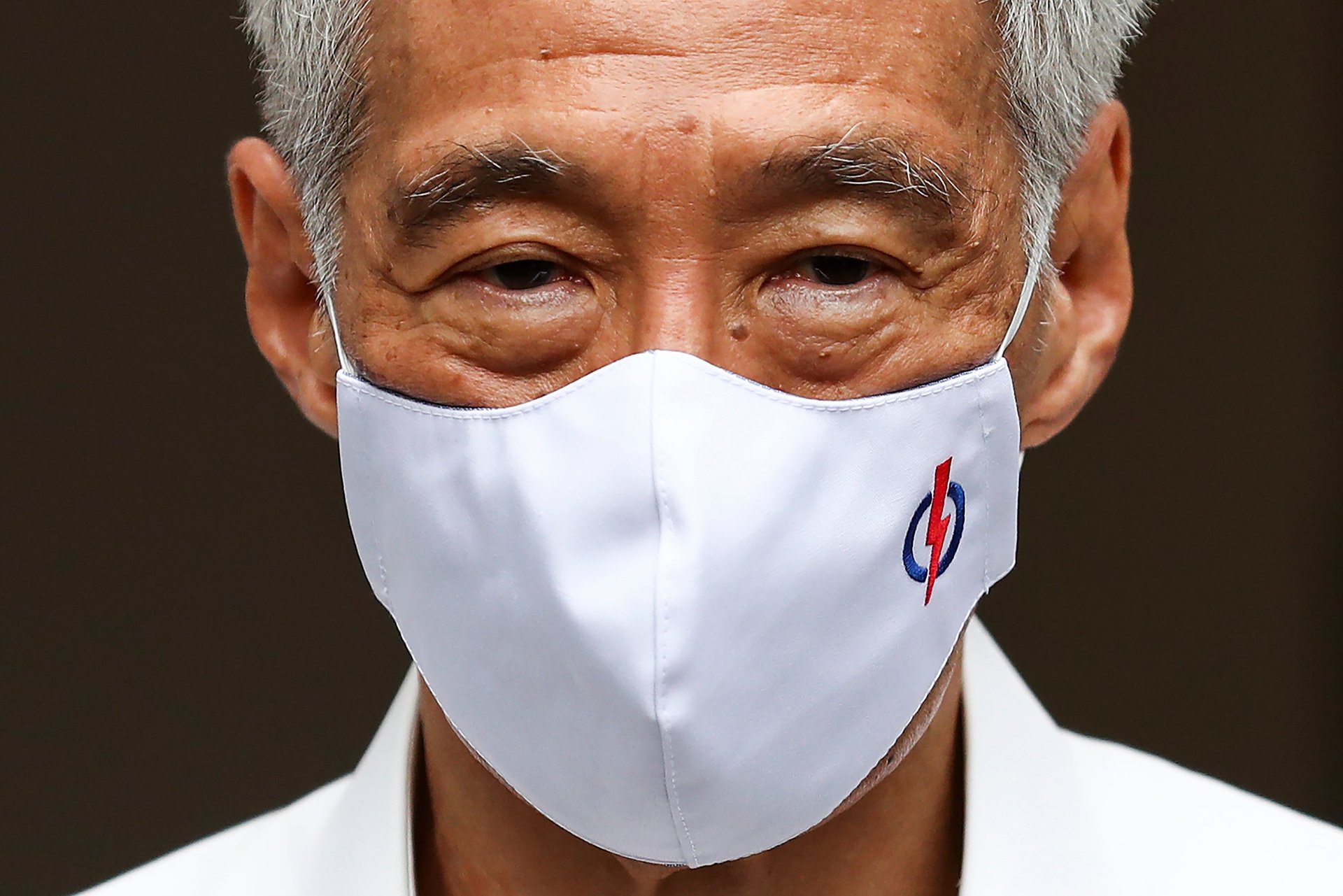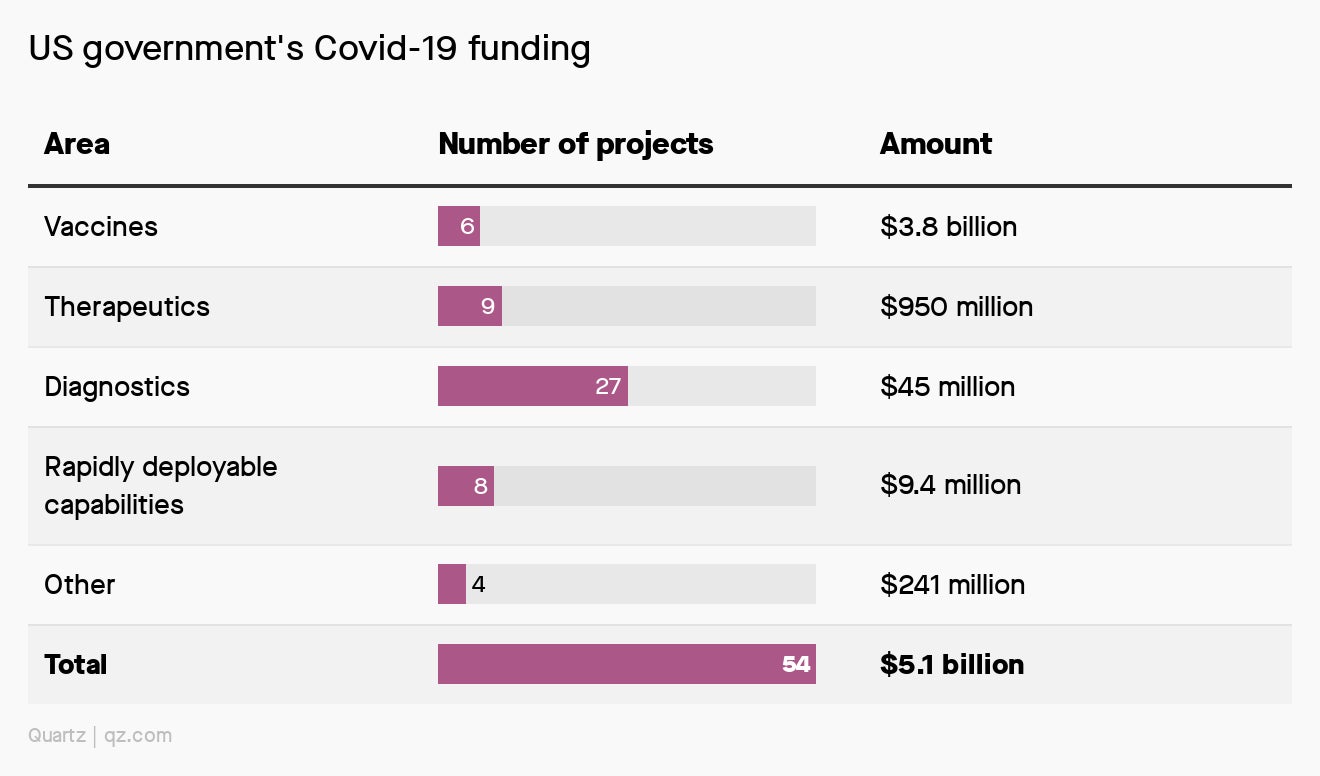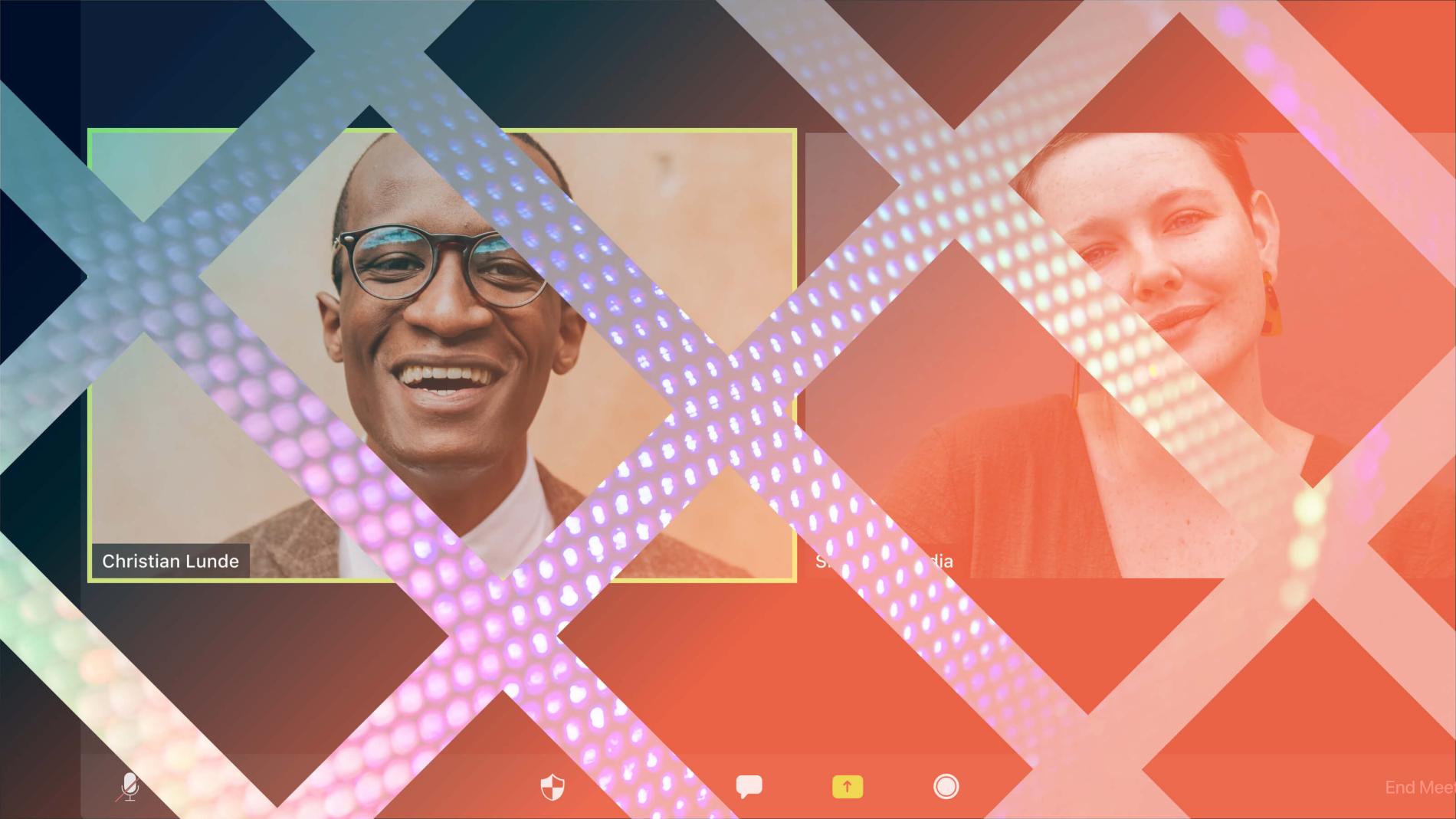Hagia Sophia, Poland’s election, Linkin Park t-shirts
Good morning, Quartz readers!

Good morning, Quartz readers!
Here’s what you need to know
Turkey rules on the Hagia Sophia. A court will likely announce today that the conversion of the Istanbul mosque into a museum in 1934 was illegal, paving the way for the restoration of the building, which began as a Byzantine church, to a mosque. Christian leaders have expressed concern at the move.
Sweden’s former China ambassador gets a verdict. Anna Lindstedt was charged with “arbitrariness during negotiations with a foreign power” in her efforts to get Beijing to release a Chinese-Swedish bookseller, which involved brokering an unauthorized meeting between the bookseller’s daughter and Swedish businesspeople last year.
Poles vote again. Incumbent Andrzej Duda and Warsaw mayor Rafal Trzaskowski enter the second-round run-off of the presidential race on Sunday, after the first round failed to deliver a conclusive victory. A narrow win by either side will further polarize the country.
Serbia walked back on a curfew plan… After two nights of violent protests in Belgrade, the prime minister scrapped a proposal to impose a weekend curfew amid a surge in coronavirus cases, and instead use social distancing measures. Central Asian countries are also grappling with a new wave of Covid-19 cases, prompting the Uzbek government to impose a new three-week lockdown starting today.
…and Scots get a lockdown reprieve. Starting today, people in Scotland will be allowed to gather indoors and stay overnight, and couples who don’t live together will also be able to meet freely. Unlike England, neither Scotland nor Wales have fully relaxed social distancing.
Southeast Asia’s first pandemic election

Singaporeans head to the polls today in a general election that’s expected to extend the ruling People’s Action Party’s (PAP) uninterrupted grip on power since the country’s independence in 1965—much of the time under the leadership of a single family.
And while the new political risks for global companies in rival financial hub Hong Kong could work to the city-state’s benefit, prime minister Lee Hsien Loong still must answer for a grim economic outlook and a bungled coronavirus response.
Despite the plethora of parties—including one supported by the prime minister’s estranged brother—rights groups have long cautioned that Singapore’s elections aren’t truly competitive—with problems that include gerrymandering (pdf), a lack of oversight, and prohibitively high candidate registration costs. This year, there are two added obstacles.
First, due to the pandemic, physical rallies have been banned and campaigning restricted to social media. Opposition parties say this disadvantages them, while the ruling party says it levels the playing field.
That might be true, if it wasn’t for the second challenge: the country’s controversial “fake-news law”, which took effect last October. Opposition figures and news outlets have already been charged with violations, and ordered to affix “correction” notices to their online posts.
Charting US spending on Covid-19 research
On July 6, the US government announced an investment of $1.6 billion to help pharmaceutical company Novartex produce 100 million doses of Covid-19 vaccines. This is just the latest large investment made by the US in coronavirus medical research: since Feb. 11, the US government has handed out over $5 billion in funding, most of which has gone to vaccine development.

For members: The virtual conference reboot

Quartz’s latest presentation provides an overview of the new landscape of virtual conferencing, with tips from top experts for anyone hoping to make an impression through their screen. From lighting tricks to background arrangements to the neuroscience of persuasion, we cover all the small tweaks and big ideas you’ll need to have a big impact.
✦ To access the full presentation and the Quartz field guide on the virtual conference reboot get started with a seven-day free trial. ✦
You asked about gene therapy
“Is any research being done in the area of genetic engineering, through CRISPR-Cas9, or some other gene editing process? If not … why not?” – Norm
CRISPR (✦), the buzzy gene editing enzyme that became a staple of biotech labs within the past decade, has shown promise in treating a number of health conditions such as congenital blindness, sickle cell disease, various forms of cancer, HIV, and others. But all of those findings have so far been through experiments and clinical trials; to date, no CRISPR application has been made widely available.
However, the US Food and Drug Administration has granted emergency-use authorization (pdf) to a rapid diagnostic test created by bioengineering company Sherlock Biosciences. The company claims it is the first commercial use of CRISPR.
So how did this newcomer cut the line and hit the clinic first? In the Sherlock test, CRISPR isn’t being used to place altered cells into the body—something that still gives regulators pause.
Surprising discoveries
A mathematician calculated how to keep fans safe at Yankee Stadium. Based on social distancing guidelines, only 11% of seats should be filled.
Linkin Park t-shirts are huge in China. Counterfeit versions, however, often say “KNKIN PARK.”
There’s an AI for judging tuna quality. The Tuna Scope app will tell you if your fish is sushi grade.
Plastic surgery is booming thanks to the pandemic. People are opting to get work done while they can slowly recover at home.
Schools in China are purging “sensitive” books, again. Books about Christianity and George Orwell titles are out, Uncle Tom’s Cabin and Mao’s poems are in.
Our best wishes for a productive day. Please send any news, comments, Yankees tickets, and copies of 1984 to [email protected]. Get the most out of Quartz by downloading our app on iOS or Android and becoming a member. Today’s Daily Brief was brought to you by Isabella Steger, Mary Hui, Liz Webber, Annalisa Merelli, Alex Ossola, and Max Lockie.